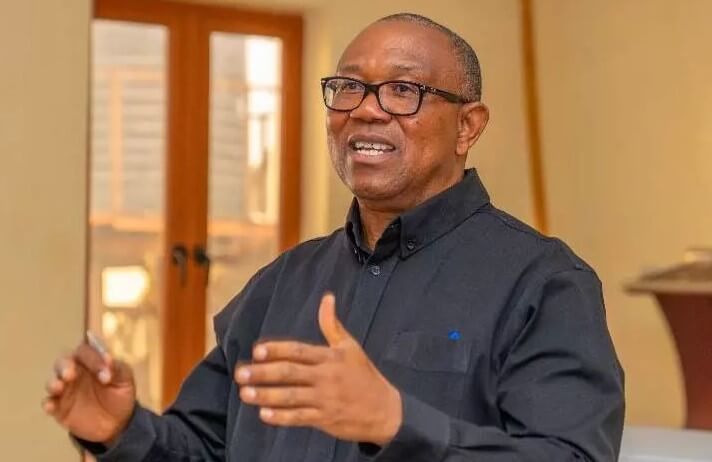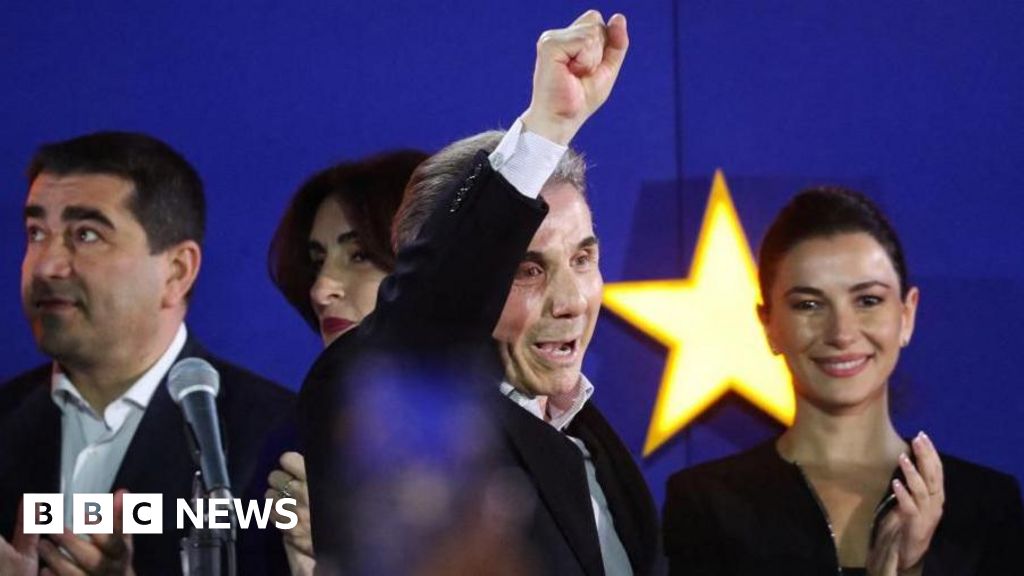Place your adverts here on InfoDig @ low rates; banner ads, sponsored links and guest articles etc. Contact us
The United Nations Children’s Fund UNICEF has said that about twenty-two thousand (22,000) children have not received routine polio immunisation in Bauchi State.
Speaking with journalists during campaign rally in commemoration of the World Polio Day in Bauchi, the Chief Field Office of the UNICEF Bauchi, Nuzhat Rafique said that the outbreaks of circulating Vaccine-Derived Polio Virus (cVDPV) continue to persist with 4 cases of cVDPV2 (73 cases nationally) documented in Bauchi in 2024.
She said that “Child deaths and physical disabilities that polio causes can be banished from Bauchi, Nigeria, and the world if we continue our commitment to stopping polio outbreaks.”
She further said that “To fully eliminate polio, every child in every household must receive the vaccine. Unfortunately, thousands of children are still missing out. The global decline in childhood immunisation coverage has led to rising outbreaks, even in countries that have been polio-free for decades.
“For over 2 decades UNICEF has supported Bauchi State in its Polio Eradication Initiatives and Immunisation Plus Days (IPDs) campaigns.
“This year alone, we have supported 3
Statewide Polio Outbreak Response (OBR) campaigns and 2 targeted local OBRs in 4 LGAs with funding for vaccine logistics, social mobilisation and technical assistance.
Read also: UNICEF says immunisation will save 2.3m Nigerian children from diseases
“It is heartwarming to note that Bauchi has been free of wild polio virus since the last case in 2013. However, we are still contending with the variant form of the virus. Despite this success, 2.3 million children in Nigeria and around 22,000 children in Bauchi State have not received routine immunisation (Zero dose).”
According to her, “The continued spread of polio serves as a crucial reminder until we eradicate all forms of this disease, children everywhere remain at risk. We face significant challenges in this fight, but UNICEF is dedicated to working with governments and partners to protect children from polio.
“Through Social and Behaviour Change (SBC) strategies, we are leading initiatives to increase acceptance and demand for the polio vaccine among parents and caregivers.”
She further said that the battle against polio was particularly difficult in the most challenging environments, yet eradication is attainable.
Rafique called on government at various levels to prioritise vaccination for all children against polio, especially in hard-to-reach areas and communities with low immunisation rates and to strengthen immunisation systems to ensure every child receives essential, life-saving vaccines. (Zero children with zero dose status).
To also allocate critical technical and financial resources to local efforts to swiftly address outbreaks and guarantee that children are vaccinated. Keep the polio eradication on the front burner of political discourse while leveraging innovative solutions and coordinated actions to enhance the quality of immunisation campaigns.
Rafique particularly urged the Bauchi Emirate Council to support the mobilisation of parents and caregivers to make their children available for vaccinations and to support the resolution of non-compliance during and after campaigns.

 2 hours ago
32
2 hours ago
32












